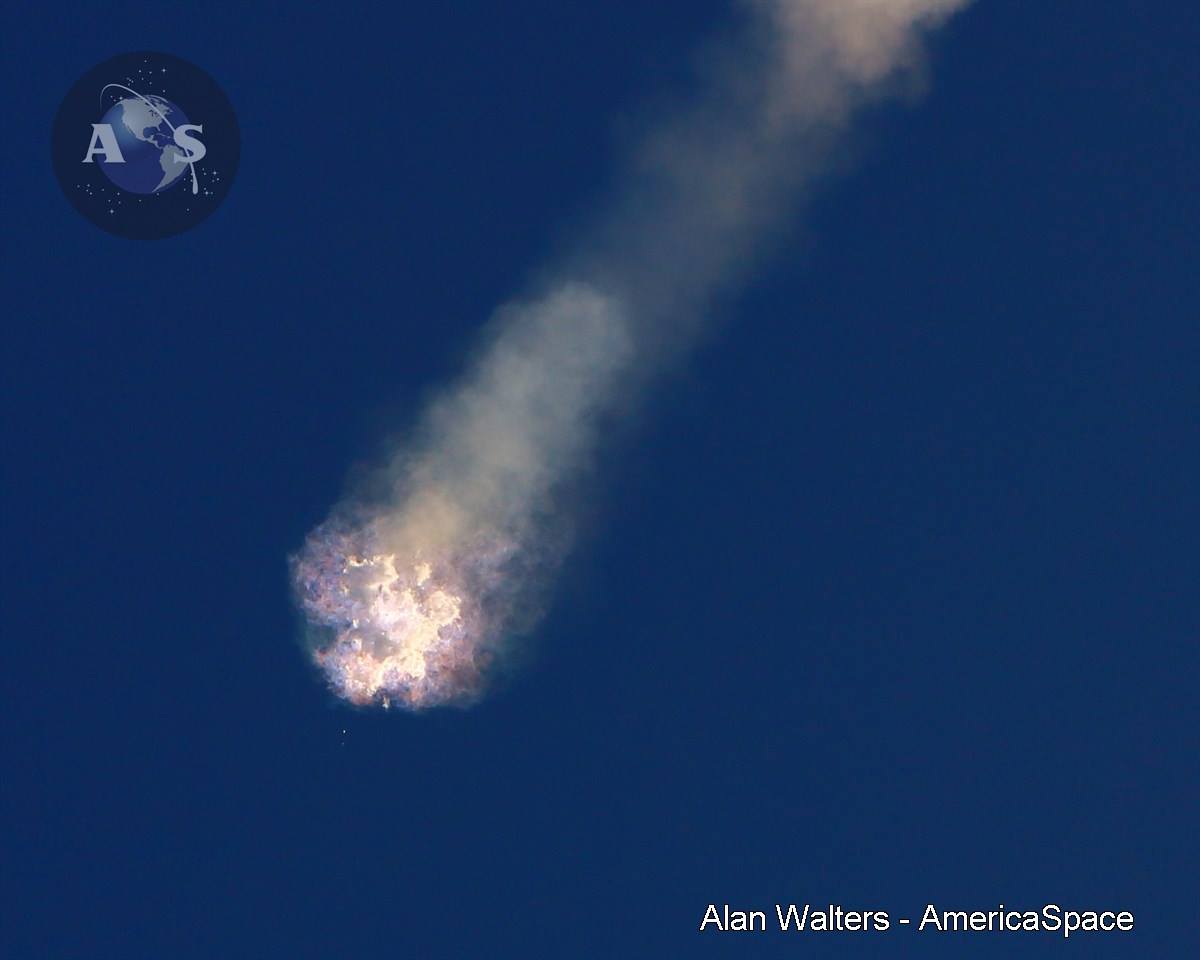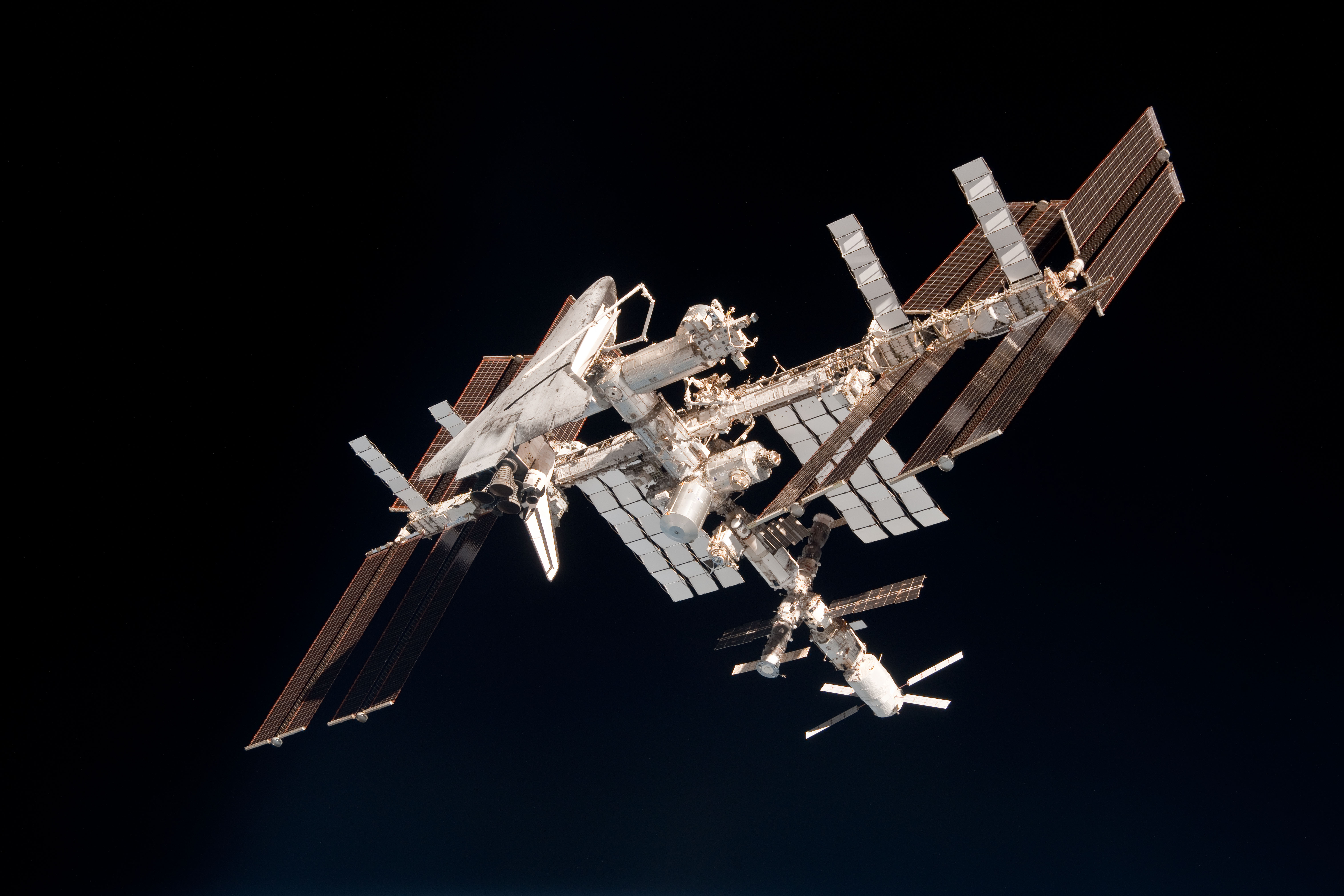SpaceX is an American aerospace manufacturer and space transport services company based in Hawthorne, California, USA. The company was founded in 2002 by former Paypal entrepreneur and current Tesla CEO, Elon Musk. Though the company take on a variety of projects, SpaceX was founded with the goal of “creating the technologies to reduce space transportation costs and enable the colonization of Mars.”
As a privately funded company, SpaceX has had various achievements which include the first privately funded, liquid-fueled rocket (Falcon 1) to reach orbit (28 September 2008); the first privately funded company to successfully launch (by Falcon 9) orbit and recover a spacecraft (Dragon) (9 December 2010); the first private company to send a spacecraft (Dragon) to the International Space Station (25 May 2012); the first private company to send a satellite into geosynchronous orbit (SES-8, 3 December 2013); and the first landing of a first stage orbital capable rocket (Falcon 9) (22 December 2015).


Though SpaceX has made great strides in aerospace science, like other companies, they too have faced setbacks and failures. Most recently, CRS-7 (cargo resupply) launched a Falcon 9 topped with an unmanned Dragon capsule destined to bring supplies to the International Space Station. All statistics were considered nominal until 2 minutes and 19 seconds into the flight. A cloud of vapor then formed outside the craft and a few seconds after, there was a loss of helium tank pressure. This loss in pressure caused the tanks to explode and caused a complete failure of the mission.
The problem was attributed to a failed strut on the “helium pressure vessels” that broke due to the force of acceleration. This caused a breach and allowed helium to escape causing the demise of the spacecraft.
An issue with the software was also attributed to the problem as it caused the command to open the parachute for the Dragon capsule to never run, thus destroying most of the capsule.
This failure is the most recent mission failure and does not take into account the failed January 2016 attempt at landing the Jason-3 rocket on an autonomous barge in the middle of the ocean.

On December 21st, SpaceX launched their first rocket since the failure that took place roughly six months prior. In an article, Elon Musk wrote about important concepts such as gravity and velocity.
Many people tend to believe that gravity stops once you reach a certain altitude above Earth, after which you start floating around in “zero g”. The force of gravity “drops proportionate to the square of the distance between the centers of two objects.”
Musk also explains how this concept makes total sense when thinking about gravity wells like funnels — if you moved the marble 2% further away from the center of the funnel, it would still fall in, just very slightly slower.
Musk asks why astronauts in the space station, which is just under 400km in altitude (~90% of surface gravity), are floating around in what looks like zero g? He answers his own question by explaining that the space station is actually moving around Earth’s gravity funnel at “the blistering speed of 27,000 km/h (17,000 mph), completing a round-the-world trip every 90 minutes!”
He continues his explanation by stating that “the reason they are floating around is that they have no net acceleration. The outward acceleration of (apparent) circular motion, which wants to sling them out into deep space, exactly balances the inward acceleration of gravity that wants to pull them down to Earth.”

Elon Musk and SpaceX have been prodding and poking at the limits of human capacity since its conception in the early 2000’s as they attempt to re-invent the wheel of space travel . Their discoveries and continuous experimentation might lead to major breakthroughs in technology and space exploration.
Sources:
http://www.spacex.com/news/2015/12/21/background-tonights-launch
http://www.airspacemag.com/ist/?next=/space/is-spacex-changing-the-rocket-equation-132285884/
http://www.theguardian.com/technology/2013/jul/17/elon-musk-mission-mars-spacex
http://www.wired.com/2015/06/elon-musk-space-x-satellite-internet/
https://en.wikipedia.org/wiki/SpaceX